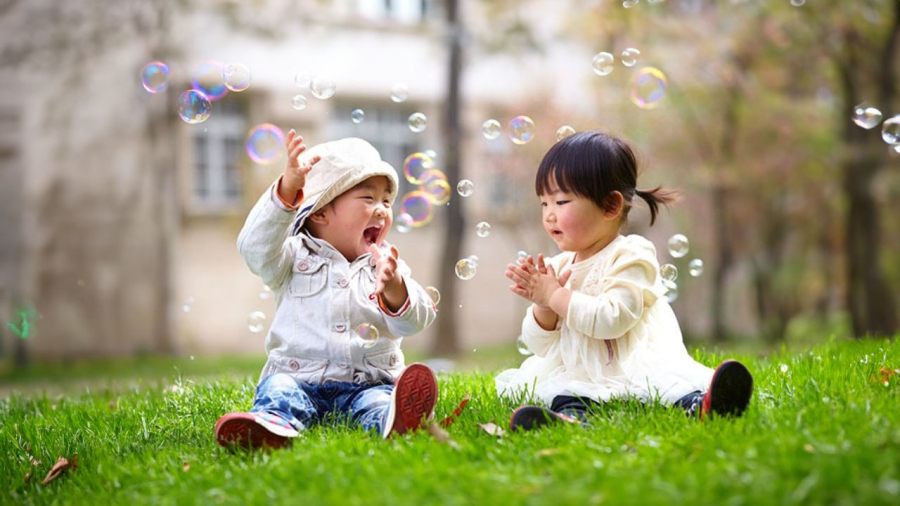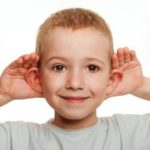Raising children is one of the most exciting experiences in life as parents. Sometimes parents feel frustrated because they think their children are not meeting expectations and are not like many other children. However, there are signs of a child’s IQ and EQ development that adults find strange. You should note.
A professor at Harvard University conducted a special survey of thousands of children and found that children with the following three “strange” characteristics often have high EQ and IQ. IQ and EQ are the important indicators related to the child’s development in the future.
Therefore, if your child exhibits the following signs, do not try to restrain or limit them:

Children like to make a mess in their rooms
Babies who make a mess in their rooms can make parents tired and angry. However, research by Professor at Harvard University has shown that the messier a child’s room is, the more nerve cells in the brain are connected, and the smarter and more creative the child becomes. Many geniuses like Einstein, Jobs, Mark Twain, Zuckerberg… also have work desks that really give people the feeling of “not saying a word”.
Experts explain that the basis for establishing neuron connections in the brain is stimulation from the outside world. Compared to a tidy room, a messy room can provide children with stronger sensory stimulation and accelerate the development of neural connections. So in the case of your child messing up the room, don’t rush to scold them, as this can hinder the development of their neural connections. You just need to teach your child how to tidy up to avoid dirt, smell, and rubbish, and let the workdesk be a little messy to create flexibility and liveliness in their thinking.
Children often sit absentmindedly
Sometimes children will sit absentmindedly and surprise parents who think that this is not intelligent. Many people then intervene to make the child active again. However, according to research, a hypnotic state in a child is actually an emergency response of the brain to adjust and adapt to the outside world. At this time, the conscious activity of the child becomes weaker, the brain is in a relaxed and awake state, which has a very good effect in regulating mood.
From a physiological point of view, the state of trance in children can keep the sympathetic and vagal nerve functions of the brain in perfect balance. This is very good for optimizing the child’s personality. Some studies also show that babies who often “daydream” will have better memory, concentration, and creativity. Therefore, parents when they see their children often absentmindedly, don’t worry too much. Unless your child showed this expression from birth and the performance lasted along with delayed speech, unresponsiveness to others, you should have your child checked.

Children often bring friends home
There are some babies who like to bring their little friends home but don’t say a word to their parents. Sometimes parents feel annoyed because one child has made a mess and has brought along more friends, but if your child also has this “habit”, as a parent, you should be happy. Because according to a 75-year study from Harvard University, people with good interpersonal relationships are more likely to succeed and be happier.
These babies show that they have very good relationships, and that is a sign of success in the child’s future. Babies with good social relationships with others will have more opportunities for success. Social skills create strength in the child’s future work. Babies in the 3-6 age group already have these skills, they will have more luck, be loved by many people, and be much more successful. After the child turns 3 years old, the child enters a sensitive stage of social communication. At this stage, parents should create opportunities for their children to play with other children, encourage interaction with those around them, and invite friends to visit their homes. Besides, parents should guide their children to learn social skills such as sharing, complimenting others, cooperating,…
So don’t rush to apply general standards to evaluate your own children.





































